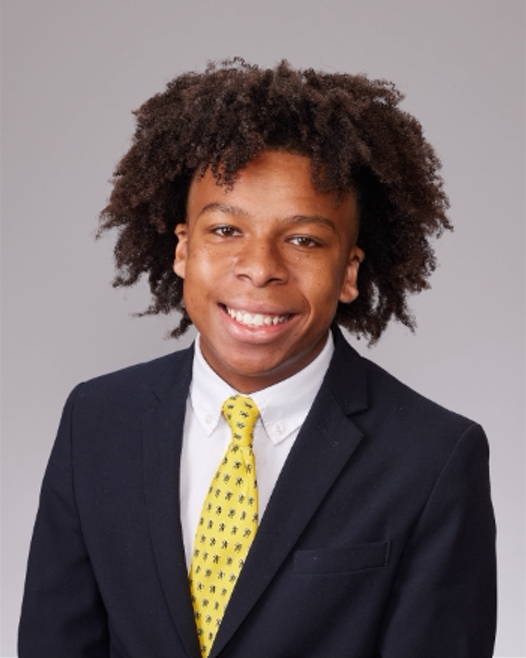Monday, March 28, 2022. 9:17 a.m.
While reading Macbeth, my English class came across a word very similar to the n-word.
The reader stopped himself, and within seconds, I felt all the eyes staring at me.
Mr. Brown was quick to explain the context and definition of the word, but his attempt to rectify the awkwardness did not remove the elephant from the room.
I was the only Black boy present in the room. I remember the piercing pupils of my classmates, waiting for me comment.
I felt vulnerable, left alone to defend my Blackness. I had to make a choice: jokingly dismiss the subject to appease my classmates or explore the depth of the situation.
This ultimatum has no right answer. And despite its impossibilities, it is one that African-Americans are faced with every day.
I have been in many rooms where I am one of few, if not the only, African-Americans. While those I sit with are able to freely express what they think and why they think it, my mind sends each comment through some filters. Are there any words that could refer to Black lifestyle such as urban, struggle, etc? Will those present have a new outlook on Black people after I say this? Would President Obama be mocked if he said it at the State of the Union? If any of the answers are yes, I keep it to myself.
That’s a lot for a teenager to have to balance while engaging in intellectual conversations. Even harder than thinking for the culture, is responding for it. In the situation above, I was called upon to remark on a situation that I didn’t create. They looked to me to say something that would make them feel better, as if being Black qualified me to remedy an non-issue stemming from a diction choice made centuries ago. Simply, they are asking for something I can’t give them.
This idea of representing the entire Black experience extends far beyond literary analysis. It happens with political ideology, college applications and music taste. I am a mix of my individual choices and cultural facets I felt obliged to represent. For most of my life I believed that this conglomerate of ideas was a burden that I was forced to carry. But after years of wearing this responsibility half-heartedly, I now realize that it is a badge of honor.
In Tupac’s 2017 biopic, “All Eyez on Me,” Tupac’s stepfather Mutulu Shakur tells him, “Sometimes people need to step outside of who they are to realize what they can really be.” I was too concerned that I would lose myself while trying to represent my culture, and didn’t understand that embracing it would enable me to become my best self.
The next time I wear a Morehouse or Howard hoodie, it won’t be because I feel duty-bound to represent my people, but because I am proud to represent the heritage of HBCUs. When someone comments “Where is that?” or “You’re applying there?” instead of dismissing it, I will enlighten them. Black lyrics, allusions and colloquialisms will be spoken from my chest and heart, as I do my best to honor the legacy I represent. I won’t hide my joy when people like Deion Sanders, Amanda Gorman and Kendrick Lamar experience triumph on national stages. As for the times I am looked at to comment on a matter because of my blackness, I will do so with the respect my race deserves.






